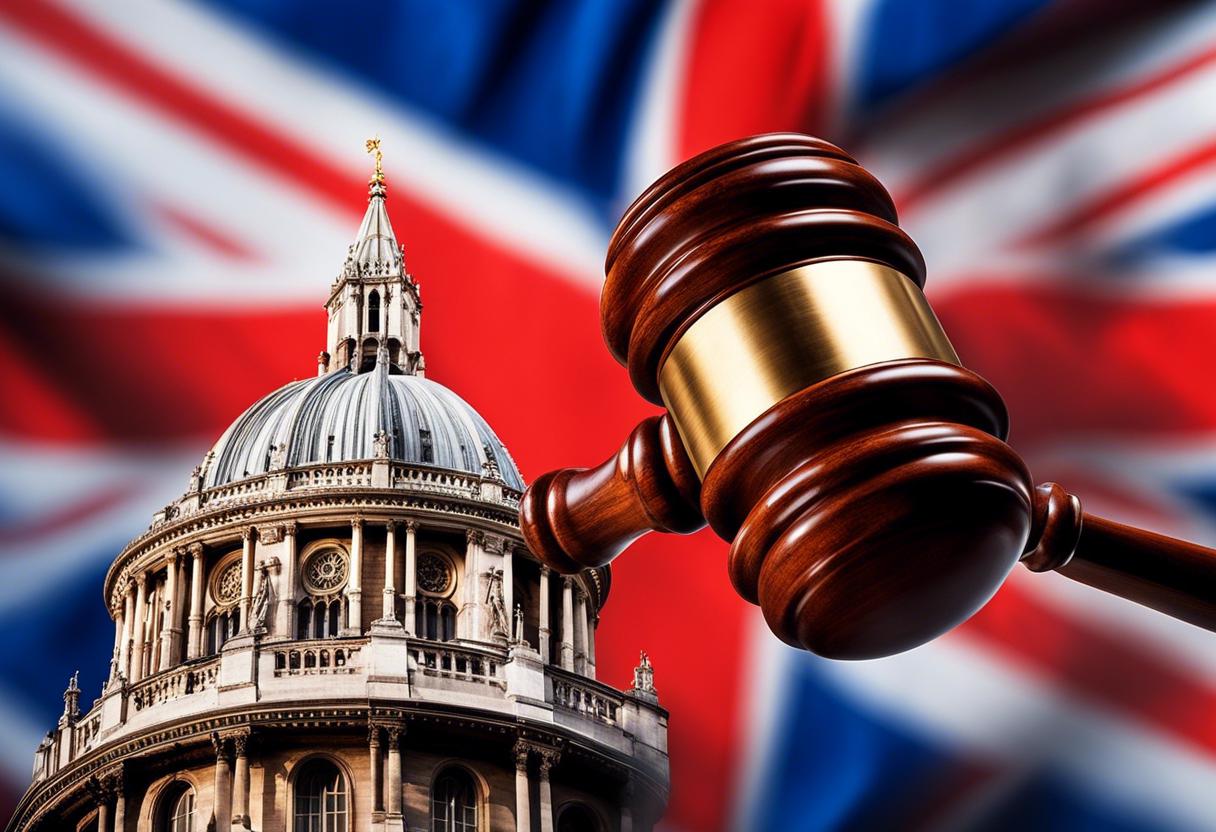From Wednesday onward, the only authority with the ability to delve into deaths resulting from the conflicts in Northern Ireland is the Independent Commission for Reconciliation and Information Recovery. All ongoing criminal investigations, as well as coroner’s inquests, which have been of significant help for families probing into conflict-related deaths, must cease. Civil actions relating to the conflict, initiated since May 2022, have not been able to progress since the end of November.
The new organisation, established under the Northern Ireland Troubles (Legacy and Reconciliation) Act 2023, assumes accountability for studying unresolved fatal incidents and holds the ability to recommend charges. Entirely separate by law from the UK government, it may provide individuals with a shield from prosecution if they collaborate.
A five-year window is given for the families of victims directly associated with the conflict to lodge a review application with the commission. The NI Secretary of State, alongside other officers, also retain the power to ask for reviews.
The Legacy Act’s declared aim is to foster reconciliation. However, the new measures implemented today significantly curb individuals’ and families’ rights to pursue justice and closure, indicating possible counterproductivity.
None of the political entities in Northern Ireland or civilian society representatives are in favor of the commission, though the Conservative Party in power in Westminster supports it. Many presume that its function is to safeguard British military personnel and veiling the more expansive engagement of security services in the Northern region.
The government has filed an interstate lawsuit at the European Court of Human Rights, alleging that the act infringes the right to life outlined in the European Convention on Human Rights, to which the UK subscribes. The act’s contravention of sections 2 and 3 of the convention has already been determined by the Belfast High Court in a case lodged by families. The case is assumed to be transferred to Strasbourg alongside the government’s case, but a UK election could preempt this.
The Labour Party, anticipated to win the forthcoming elections late this year or early next year, has vowed to revoke the legacy act. However, this may be more complex than anticipated and may leave the central issue of reconciliation unaddressed.
Undeniably, the establishment of the new organisation rests on shaky legal grounds. Coupled with its complete lack of popular backing, it has essentially lost all hopes of achieving moral authority. Commissions centred around amnesty are usually seen as integral to global reconciliation efforts, but their success utterly depends on the endorsement from the victims, as well as the broader society. Unfortunately, this new commission hasn’t garnered support from either group.

